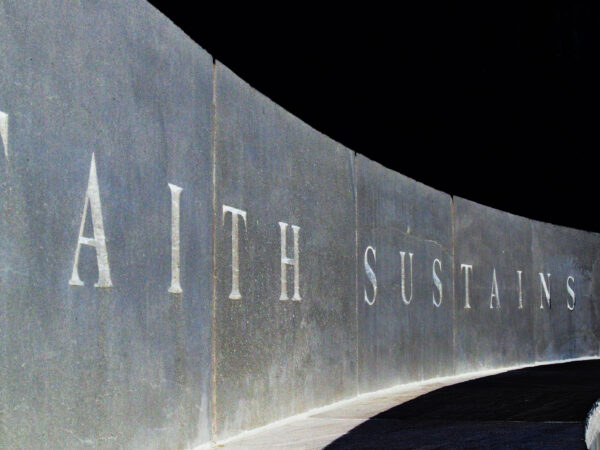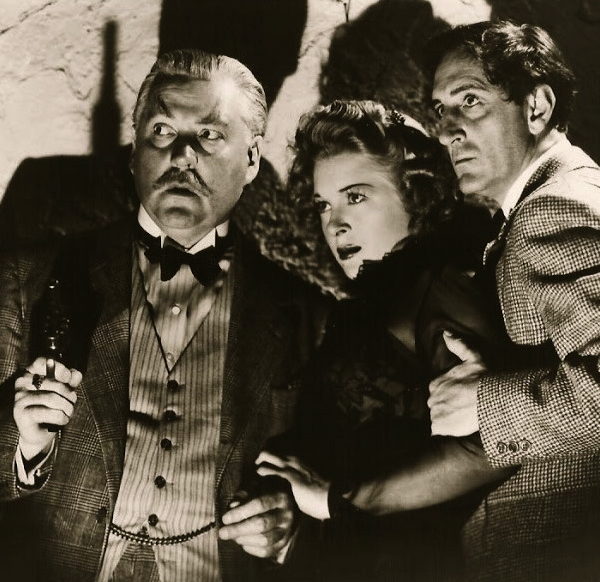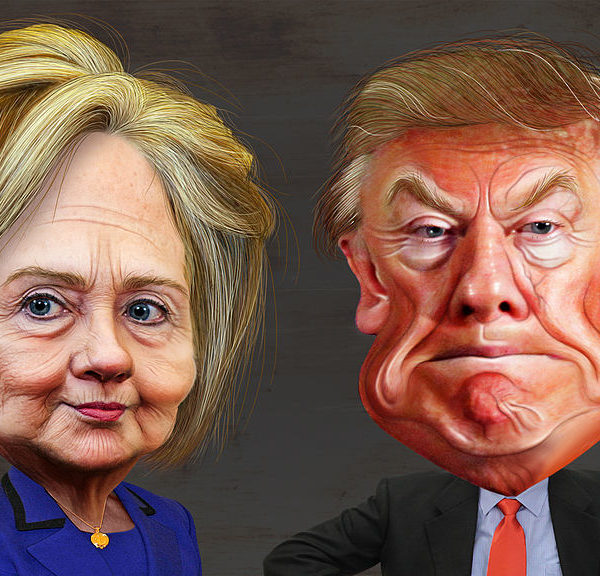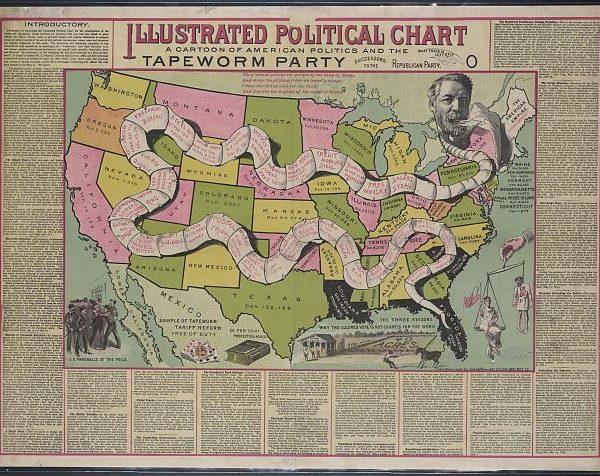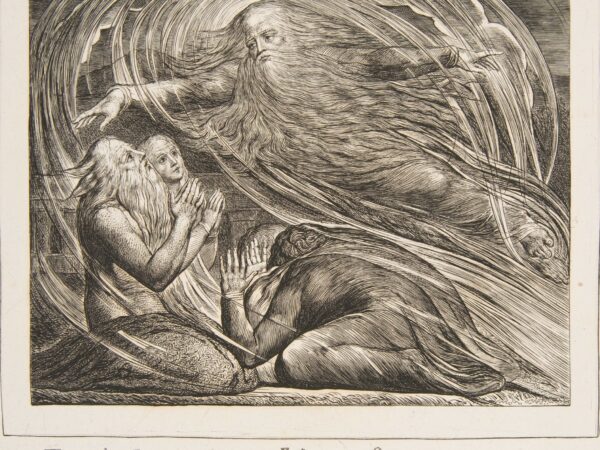
For me, “political theology” thus names the study of the ways that imagination is embedded in sentient, desiring bodies, instantiated in vernacular forms of life and ordinary (ritualized) practices, and conjured in mytho-poetic metaphors, images or representations that are formalized by literary genres and assembled into scriptures.

In our times when critical thought is suspect and even scientific facts have become articles of faith in need of defense, to play the double bind between the ethical and the political is the constant task Christians and others must continually engage in. This play contains serious risks, no doubt. What gives grace its generosity and generative capaciousness also makes it liable to be the locus of opportunism and oppression.
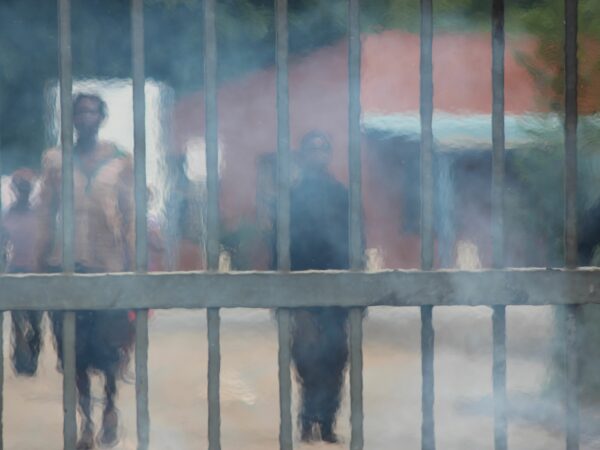
Andrew Suderman argues that the significance of protest lies in challenging the “policing” realities of death that plague our world and exposes the contingencies on which such logic rests whilst reasserting our own political agency by re-claiming the power we have to embody now the future God desires for this world. This is the form of politics to which Jesus calls us.
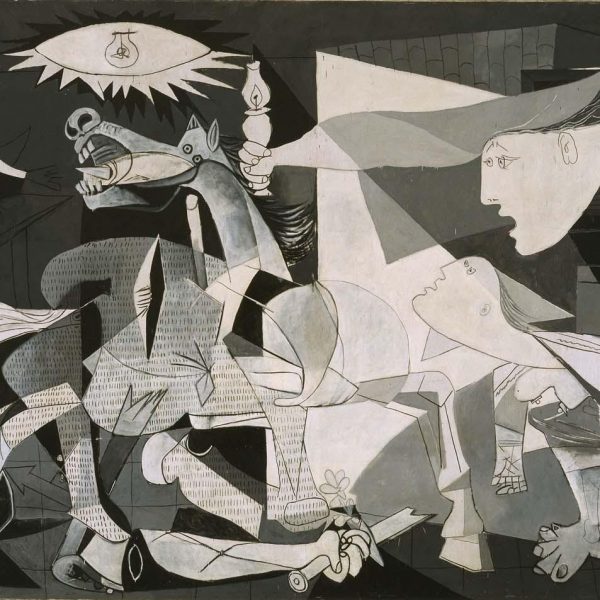
Could prophetic politics, with its unique emphases, allow us to envision another, possibly less dogmatic and more differentiated form of political theology? Could focusing on the schism between prophetic voice and political institutions reveal a different understanding of political theological concepts, beyond the realm of power and sovereignty?
